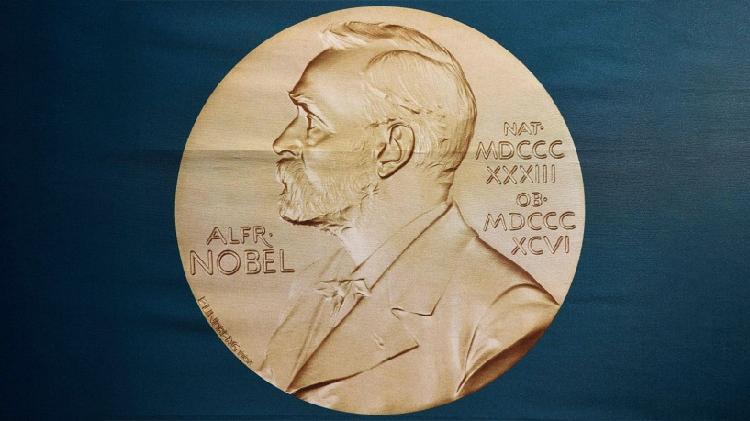The 2024 Nobel Prize in Physiology or Medicine has been awarded to US scientists Victor Ambros and Gary Ruvkun for their groundbreaking discovery of microRNA, a molecule that plays a crucial role in regulating how cells function within the human body. Announced by the Nobel Prize committee in Sweden on Monday, the award recognizes the duo’s extensive research that unveiled the intricate processes of gene regulation, allowing for the development of various cell types from the same genetic material.
The Nobel committee lauded their work as a revelation of “an entirely new dimension to gene regulation,” emphasizing its fundamental importance in understanding cellular functions and organismal development. The discovery, which has far-reaching implications across all fields of biology and medicine, stems from decades of dedicated research by Ambros, a professor at the University of Massachusetts Medical School, and Ruvkun, a professor at Harvard Medical School.
At the heart of their research lies the understanding that all cells in an organism contain the same set of chromosomes, which house identical genes. However, the differentiation of cell types, such as muscle and nerve cells, hinges on gene regulation—an intricate process that allows cells to select specific instructions relevant to their functions. This mechanism is vital for the proper development of multicellular organisms and has been fundamental in the evolution of increasingly complex life forms.
MicroRNA plays a pivotal role in gene regulation, influencing the types of proteins produced by cells. If this regulation falters, it can lead to various health issues, including cancer and genetic disorders. The Nobel committee noted that ongoing research aims to harness microRNA for potential cancer treatments, although technical challenges remain before any therapeutic applications can be realized.
The journey toward this Nobel recognition began in the early 1990s when Ambros first identified microRNA in the tiny roundworm, C. elegans. Initially dismissed as an oddity, the significance of microRNA became apparent only after Ruvkun made a similar discovery, which revealed its presence across various species. This realization ignited an explosion of research into microRNAs, with tens of thousands identified in numerous organisms since.
Experts in the field have long anticipated this honor for Ambros and Ruvkun, recognizing that their discoveries offer significant diagnostic and therapeutic potential, particularly in cancer treatment. The Nobel Prize, accompanied by a cash award of 11 million Swedish kronor (approximately $1 million), celebrates not just a scientific achievement but a leap forward in our understanding of biology that may translate into clinical advancements in the future.
As we reflect on this remarkable achievement, the 2024 Nobel Prize in Physiology or Medicine underscores the profound impact of Ambros and Ruvkun’s work on both fundamental science and medical innovation, paving the way for future breakthroughs in the understanding and treatment of complex diseases.



